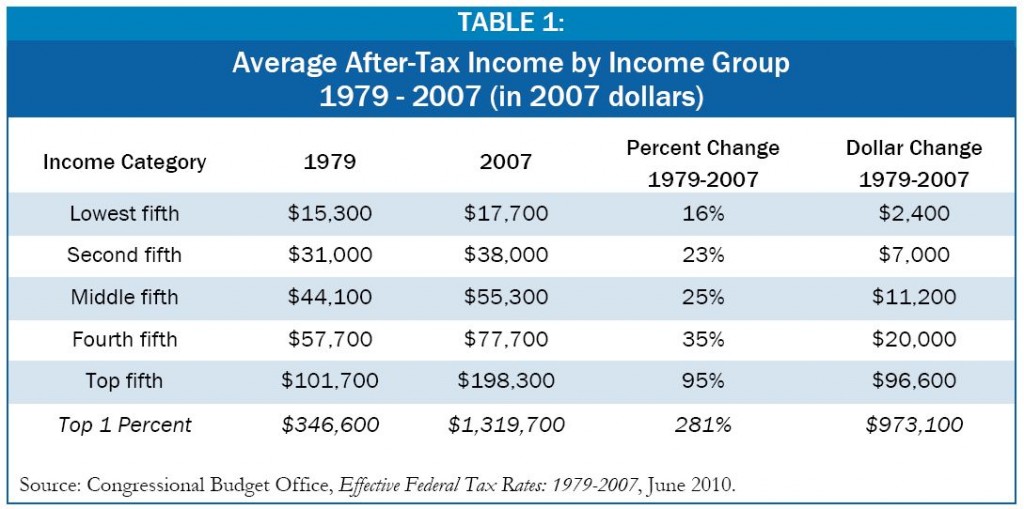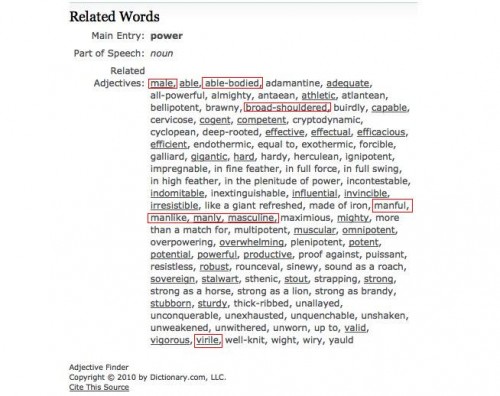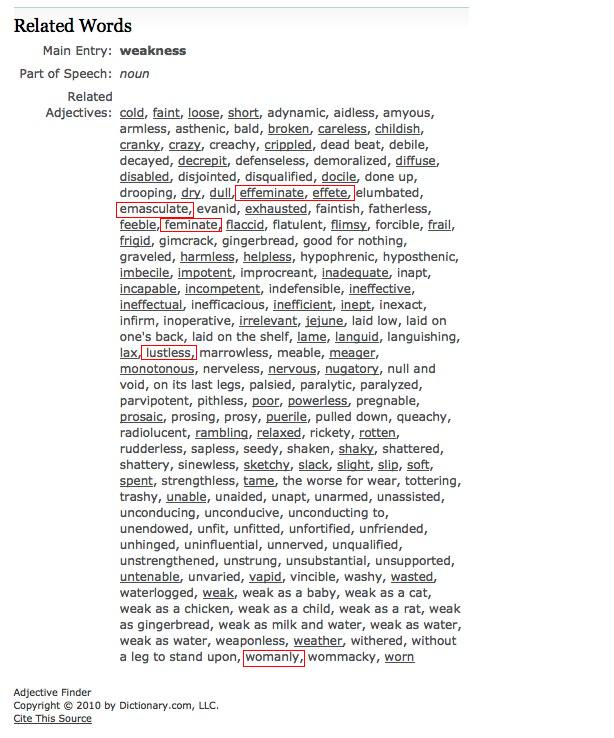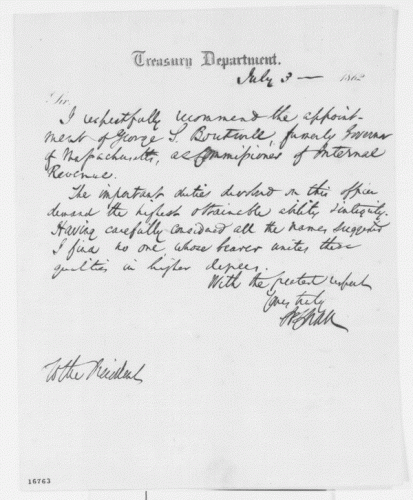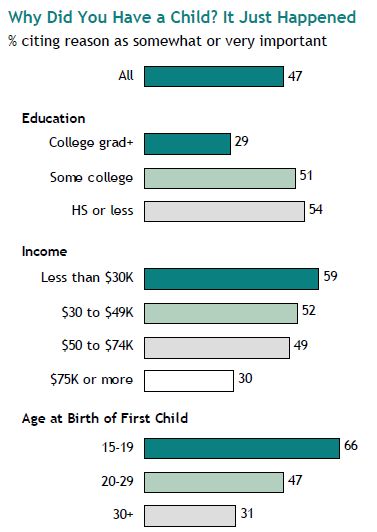When I was a young adult there was a pervasive concern with unrealistic expectations of thinness for women and how this contributed to low self-esteem and eating disorders among young girls. I don’t think this discourse is gone, but it’s definitely been joined by a competing discourse, the one that says that kids are too fat and need to diet. In the latter category come these limited calorie snack packs from Disney (with Cars and generic princess themes):
When the anti-eating disorder discourse reigned supreme, I think this product would have been protested off the shelves. They fit quite nicely, however, with the anti-obesity discourse. From that perspective it makes perfect sense to teach kids to count calories.
The rise and fall of discourses is a fascinating topic. What do you think? Do the two discourses co-exist today? Is anti-obesity winning? What’s the future of the anti-eating disorder discourse?
Lisa Wade, PhD is an Associate Professor at Tulane University. She is the author of American Hookup, a book about college sexual culture; a textbook about gender; and a forthcoming introductory text: Terrible Magnificent Sociology. You can follow her on Twitter and Instagram.



